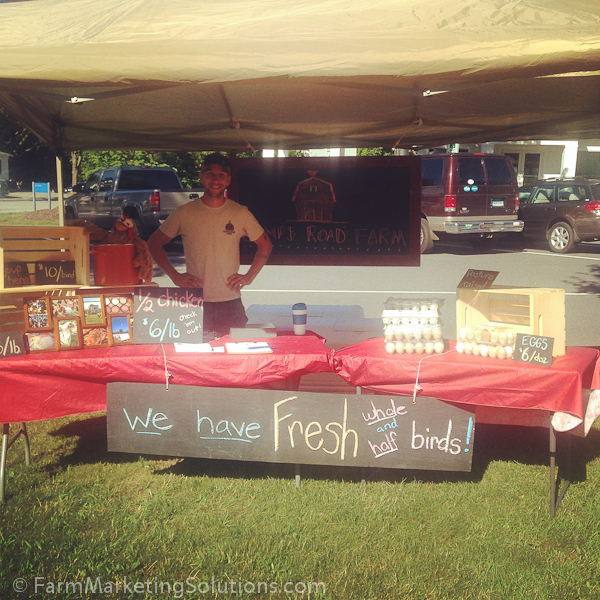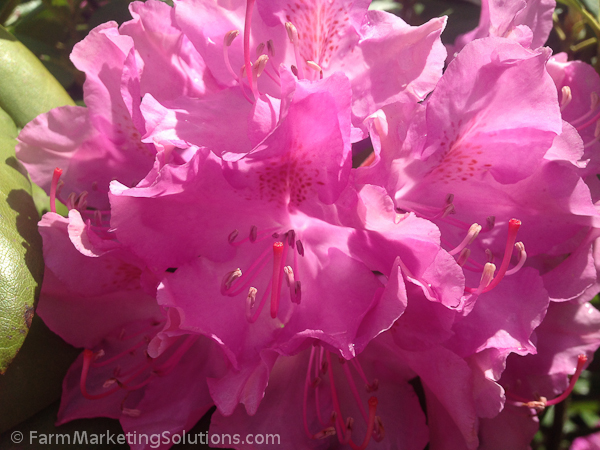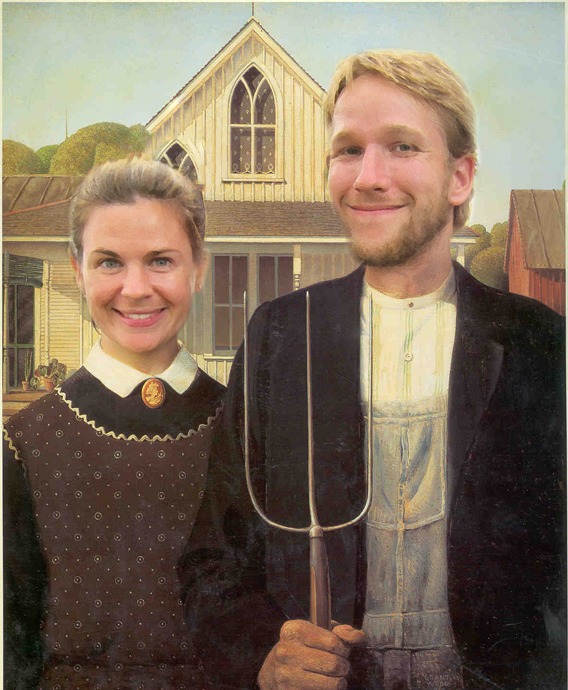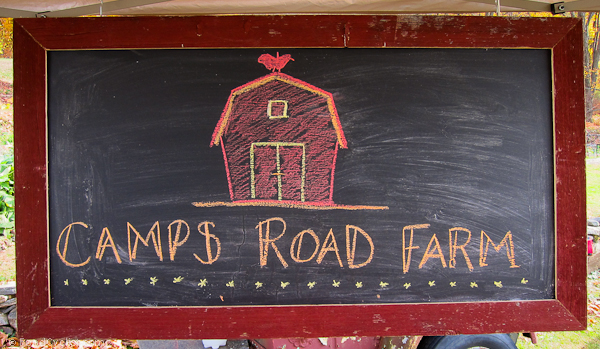GFP055: Getting over the summer hump with good farm management
/It will never cease to amaze me the amount of things that farmers will take on in a season. There are many factors that play into how that happens, but at the end of the day it is how you deal with it that defines you.
One of the biggest factors that plays into crushing responsibility:
This factor is often over-looked. That factor is your own decisions in the winter that lead to insanity in the summer. The hitch with farming is that most operations are simple or inexpensive to start on a certain scale. The problems start when the 1,000 variables come into play as you reach the scale you have to be at to make a profit. It's very easy to sit down with a spreadsheet to say "I'm going to do this, and this is how much I am going to make in order to keep my farm dream alive." How can I write this sentence, because I am INCREDIBLY guilty of this fault myself. Now that I am into the summer I am regretting some of the decisions I made this winter that are causing some serious stress this summer. The beautiful thing is that I can admit that, and that I am willing to learn from my mistakes and miss-steps. The best thing you can do in any area in life is to take note of all your successes and failures and learn a lesson from each one. I know over the last 2 years I have learned an incredible amount about myself, my farm, and my future. Right click here to download the MP3
Three elements of good management:
1. Organization
Write it down! I have some of my farms information in my head and some written down. I keep my tasks organized primarily through my trusty notebook and our staff dry-erase board. I have been carrying a small notebook in my pocket that has proven to be very helpful in organizing tasks. Also making sure nothing gets over looked. If I see something on farm that needs to be done I do my best to write it down, that way when I sit down with the farm team later I know what needs to get done that day that we may not have already discussed. Getting things written down has been great for keeping me organized. Whether it's in a notebook or on a computer, get it in writing!
2. Prioritization
Episode 50 talked about this. It is importantnot only to create the list of things to do, but to properly prioritize it. Task can break down into the different variable that effect them. Whether or not other people are involved, whether you have to buy something or set it up, or even if it's something that you can live without but it would be nice to have. Every task is going to have its' different level of urgency. It takes time and practice to know what is going to require what. I am definitely still learning.
3. Delegation
This is crucial for getting anything done. Part of writing down the tasks that you have to accomplish is that you can share that list with others. Even people you have known for a long time will surprise you will what they will choose to volunteer for. You have to make sure you ask. Human beings need direction. We love it. It takes the stress of the decision making off of our plates, and at the end of the day if it doesn’t work out, it is someone else’s fault. Now, if you’re the person calling the shots make sure to be clear, concise, and simple simple simple. If you have something complicated make sure you are there to walk people through it.
In this farm podcast you will learn:
Powerful tools for good farm management
Some dos and don'ts of getting the job done
Lessons learned from a budding farm entrepreneur (farmepreneur?)
Items mentioned in this farm podcast include:
Visual farm update:
Quote of the episode:
“Believe in yourself! Have faith in your abilities! Without a humble but reasonable confidence in your own powers you cannot be successful or happy.” Norman Vincent Peale
Take aways:
How do you plan to overcome your next big obstacle?
What experiences have you had in the past that you can draw from to make better decisions going forward?
--
Thanks for taking the time to listen in, and let me know what you think. You can leave a comment below, send me an e-mail, reach me on Facebook , or leave a 5 star rating in iTunes if you liked the show.

















































































